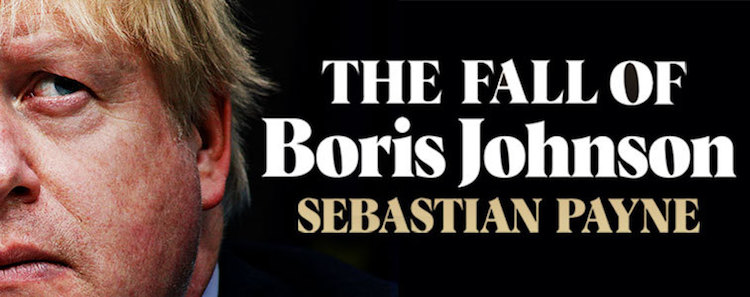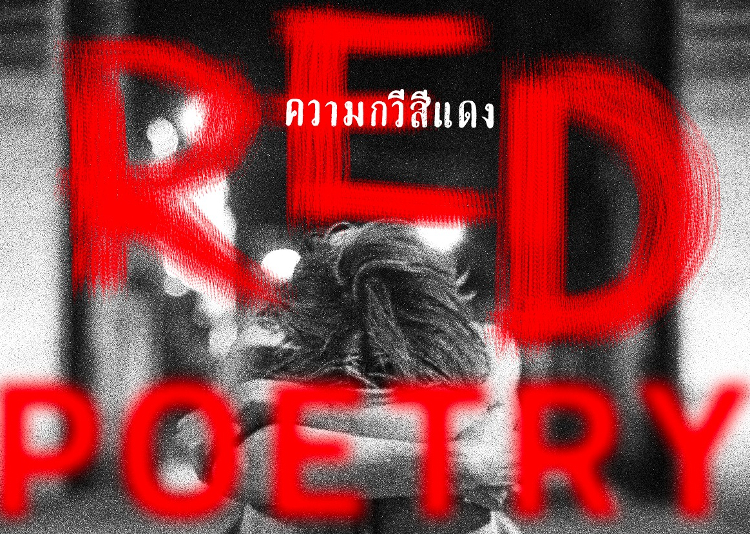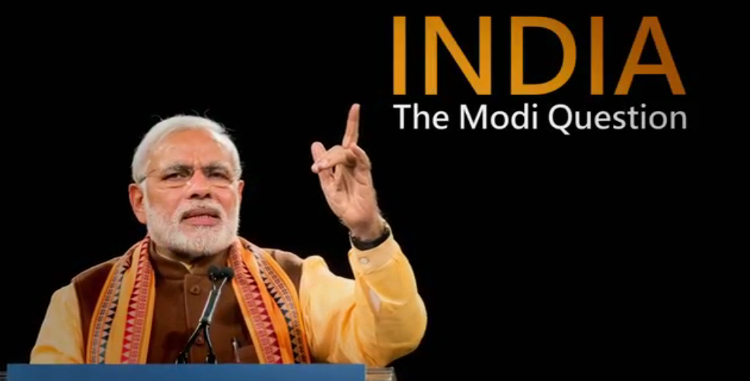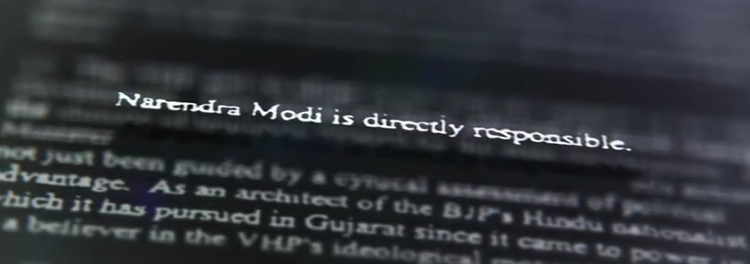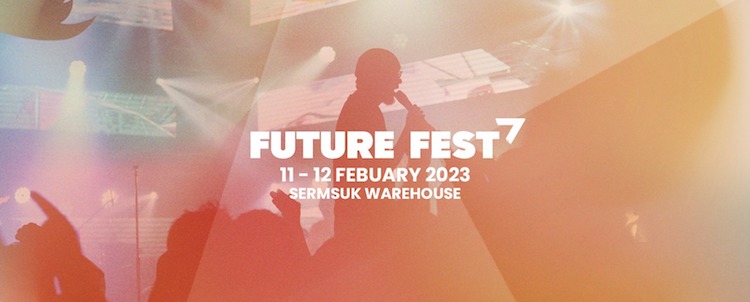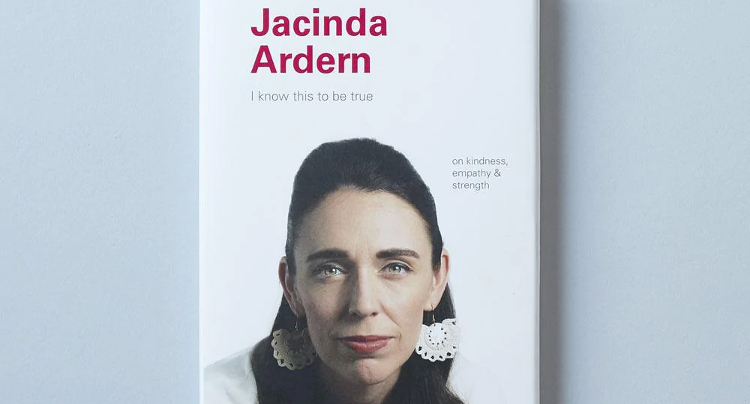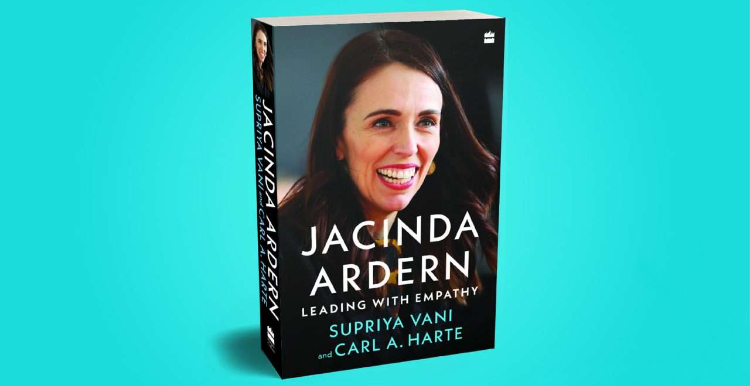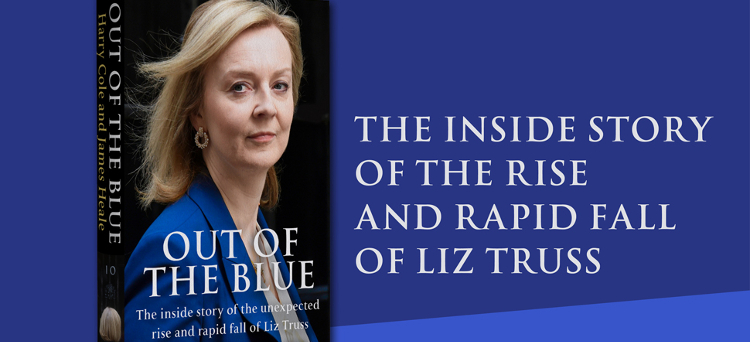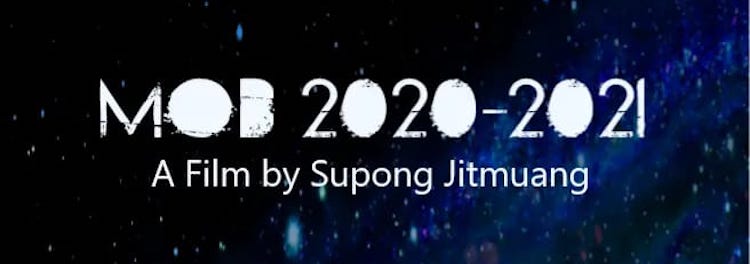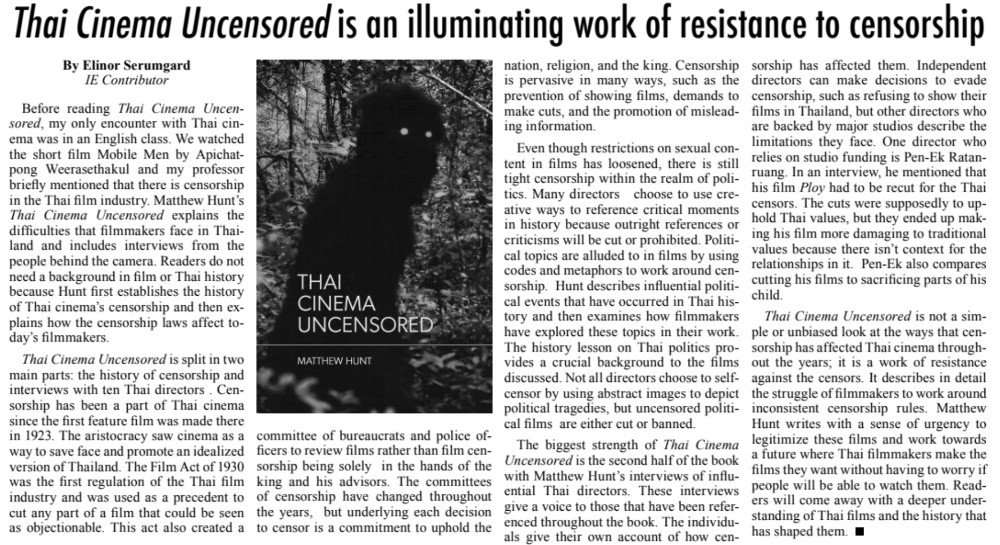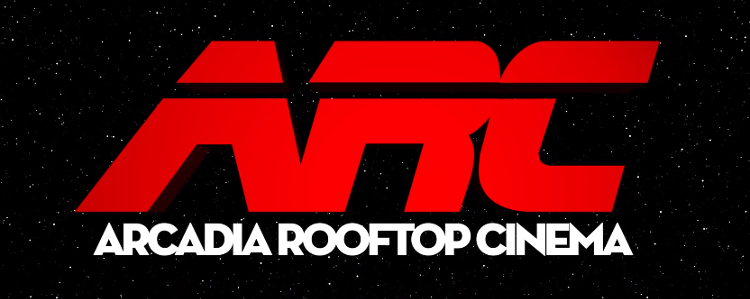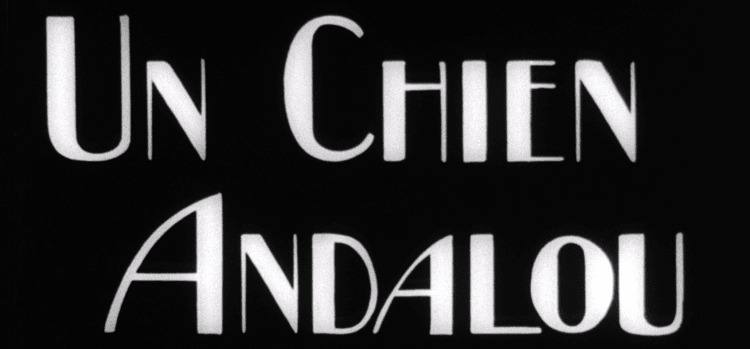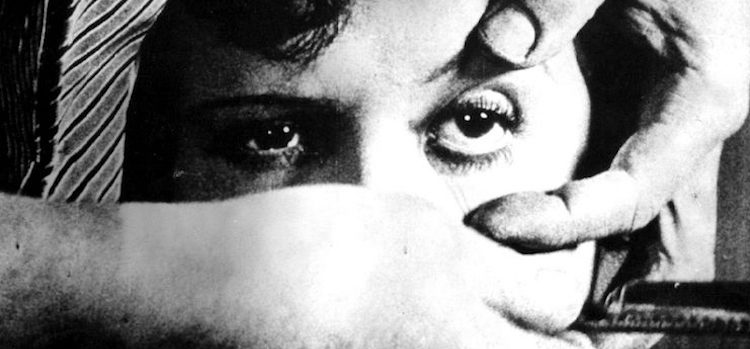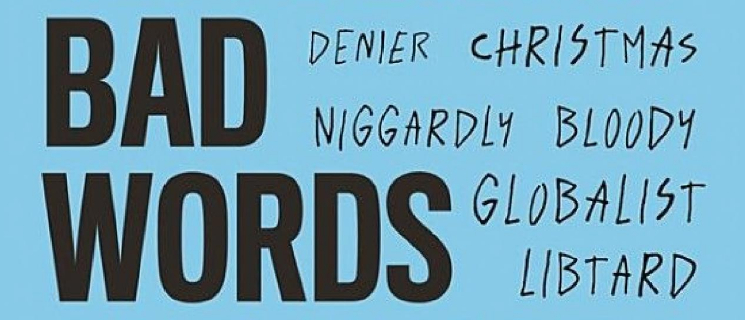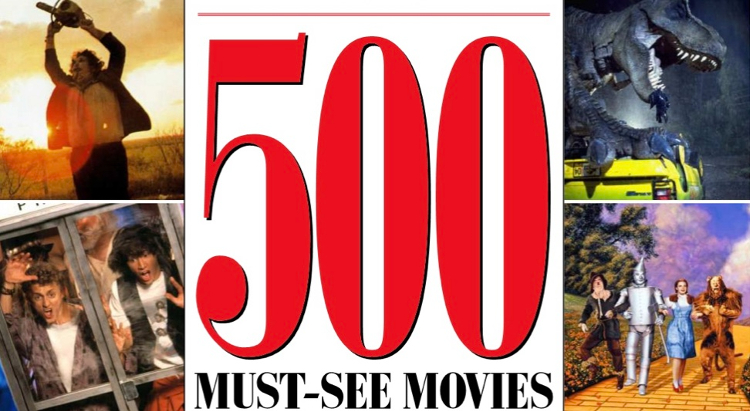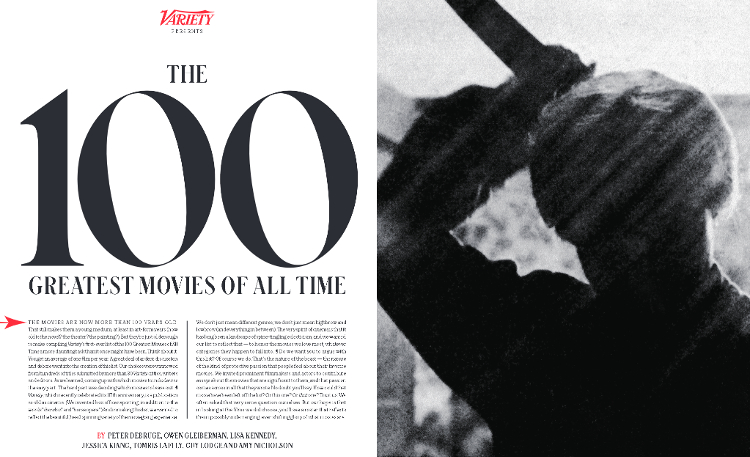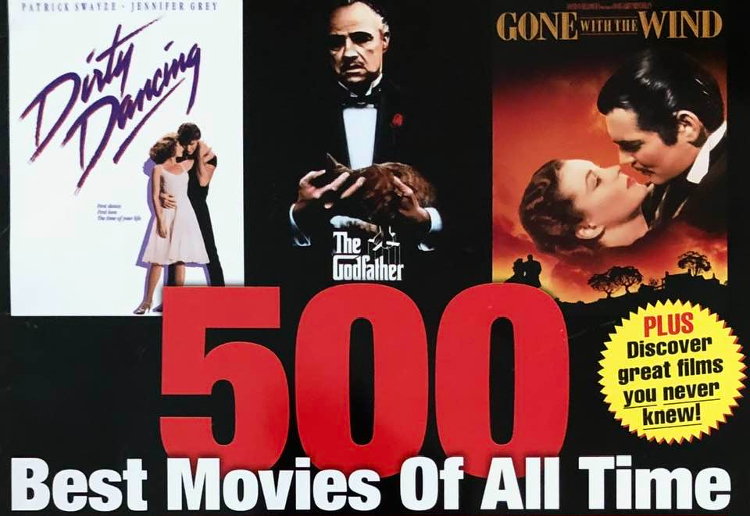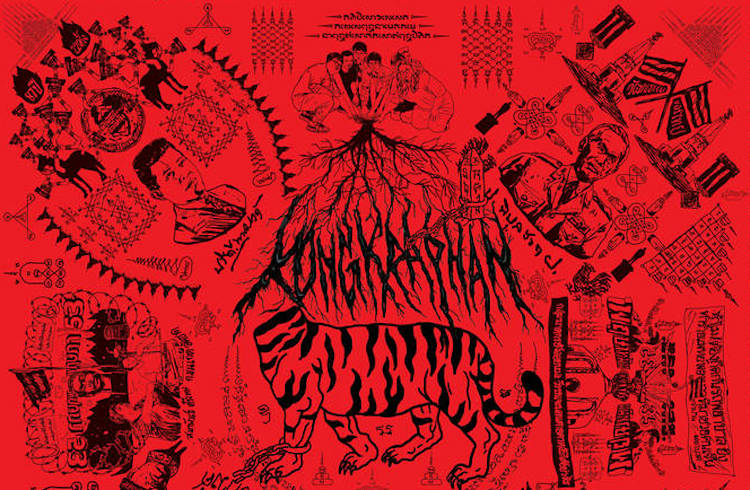Bob Woodward interviewed President Donald Trump an unprecedented nineteen times for his book
Rage, published in 2020. Woodward has now released his recordings of eighteen of those interviews as an audiobook,
The Trump Tapes: Bob Woodward's Twenty Interviews with President Donald Trump. (One of the
Rage interviews was not recorded, though Woodward summarises it based on his contemporaneous notes. A 2016 interview with Trump before the presidential election is also included.)
Trump cooperated extensively with
Rage in an attempt to avoid a repeat of Woodward’s previous book,
Fear, which was written without his cooperation. (A recording of a phone call, in which Trump blamed his advisor Kellyanne Conway for not passing on Woodward’s initial interview request, was released by
The Washington Post in 2018.) In his spoken epilogue, Woodward says: “It is still somewhat of a puzzle to me why he talked to me, and at such length. I think he honestly believed he could talk me into telling the story of his presidency as he would like it to be seen and remembered in history.”
As was the case with Woodward’s
Fear, Trump likewise didn’t cooperate with Woodward’s
Washington Post colleagues Philip Rucker and Carol Leonnig for their book
A Very Stable Genius. (He describes them to Woodward as “two sleazebags”, adding for good measure: “Rucker, he’s a sleazebucket. I know him well. He never writes good.”) Yet he did speak to Rucker and Leonnig for their next book,
I Alone Can Fix It, just as he spoke to Woodward for
Rage. Interestingly, Woodward repeatedly asks Trump, in vain, for a transcript of his February 2020 phone call with Chinese President Xi, though Rucker and Leonnig were seemingly able to obtain it.
Trump’s astonishing indiscretion is immediately apparent from the recordings. As Woodward says at the beginning of his spoken introduction, Trump is “staggeringly incautious,” and this is evident throughout the eleven hours of audio. The interviews were mostly conducted over the phone, often in the evenings when Trump was in his private quarters at the White House, which presumably contributed to the informal nature of the conversations. (There are echoes of the “unsolicited phone calls without presumption of confidentiality” that Trump made to Michael Wolff during the writing of
Fire and Fury, though in Woodward’s case he always reminds Trump that he’s recording the calls.)
In his commentary, Woodward also describes Trump as “at times staggeringly repetitive, as if saying something often and loud enough will make something true.” Maggie Haberman also mentions this tendency—which is a deliberate rhetorical device—in her recent Trump biography,
Confidence Man: “He started to explain why he doesn’t like when audiotapes of his interviews are released. Being on camera was “much different,” he said. “Whereas,” he said, in a “written interview, I’ll repeat it twenty times, because I want to drum it into your beautiful brain. Do you understand that?” He repeated himself again.”
Rage was originally intended as a study of Trump’s foreign policy. (Woodward had previously written
a similar book on Obama.) But after the coronavirus epidemic began in early 2020, Woodward shifted the focus to Trump’s covid response. Throughout February and March 2020, Trump had publicly insisted that the virus would spontaneously disappear, though on 20th March 2020 he confirmed to Woodward: “This thing is vicious, the most contagious virus anyone’s ever seen.” Even allowing for Trump’s usual exaggerations, that’s a dangerous discrepancy between his public and private statements, and he didn’t publicly admit the severity of the situation until eleven days later.
In
Rage, Woodward concluded that President Trump was “the wrong man for the job.” In his epilogue to
The Trump Tapes, he acknowledges that that was an understatement: “I realise that I didn’t go far enough. Trump is an unparalleled danger.”
The Trump Tapes was released on ten CDs last month, and a book of transcripts,
The Trump Tapes: The Historical Record, will be published early next year.


